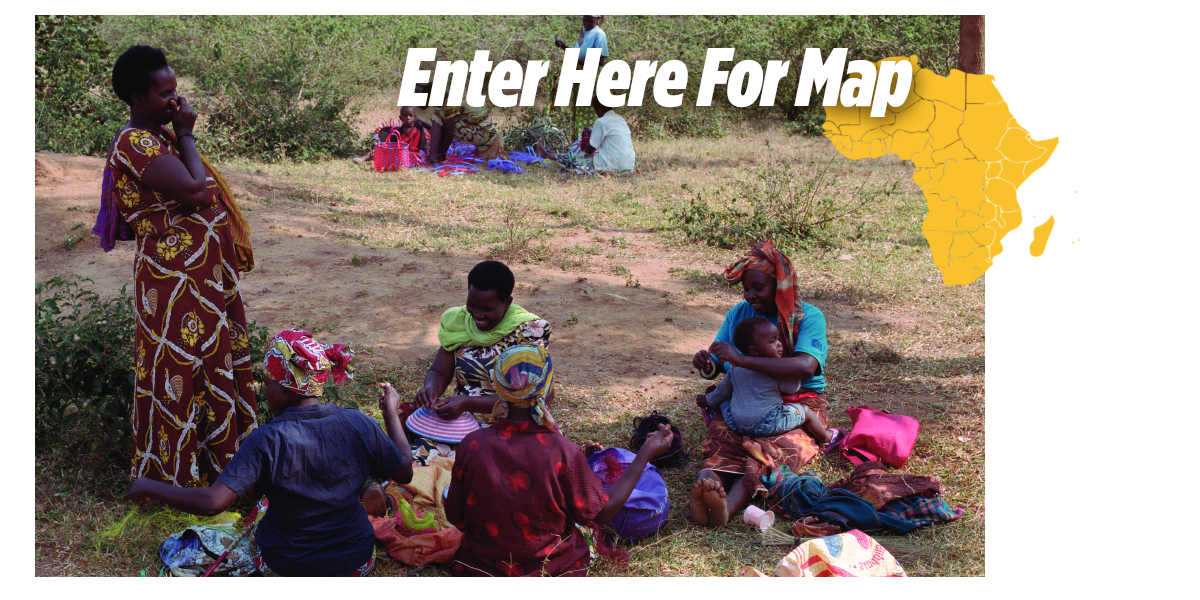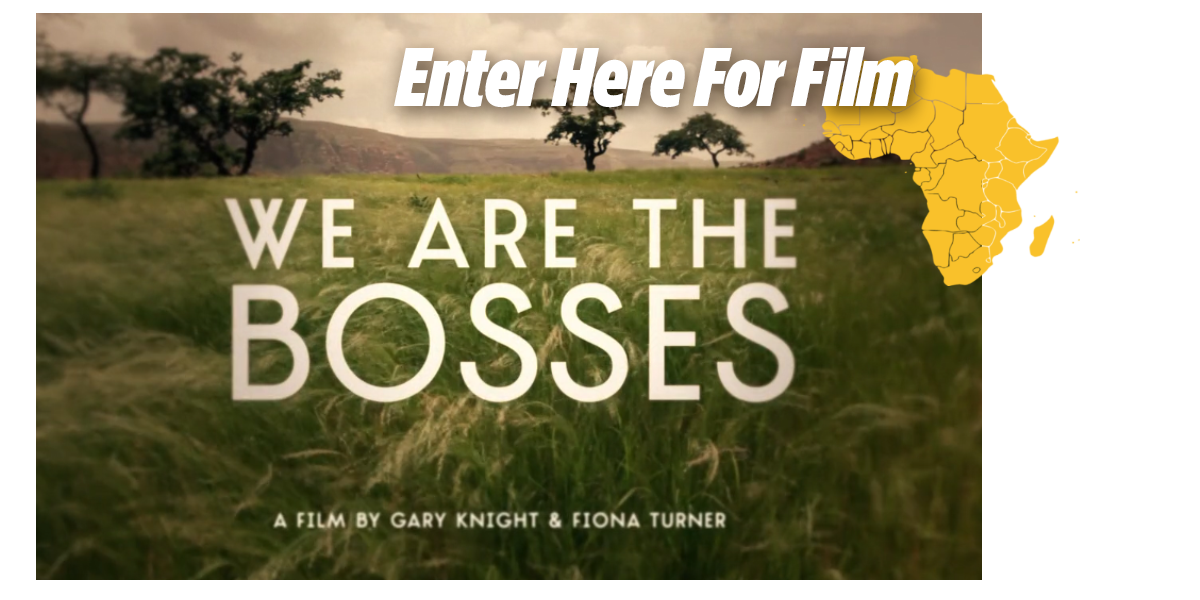Excerpted Articles from the Universal Declaration of Human Rights [1]
Article 2: Everyone can claim the following rights, despite
– a different sex
– a different skin color
– speaking a different language
– thinking different things
– believing in another religion
– owning more or less
– being born in another social group
– coming from another country.
Article 23: You have the right to work, to be free to choose your work, and to get a salary that allows you to live and support your family. If a man and a woman do the same work, they should get the same pay. All people who work have the right to join together to defend their interests.
Article 29: You have duties towards the community within which your personality can fully develop. The law should guarantee human rights. It should allow everyone to respect others and to be respected.
Overview
In this lesson, students will gain foundational knowledge about the 1994 genocide in Rwanda. They will learn about the different focuses of the Millennium Villages Project in Mayange and learn about the women in the basket-weaving cooperative who have chosen to work together and support each other, regardless of their different ethnic backgrounds. Students will watch and analyze the film We Are the Bosses, which is about women's empowerment and community organizing in Mayange.
Note to Teacher: If you would like curriculum specifically about genocide, please contact Generation Human Rights.
Essential Questions
● Is it possible for a community to work together across different ethnicities after a genocide?
● Why is it important to empower women to become leaders in their communities?
Learning Outcomes
Students will be able to:
● Articulate the definition of genocide
● Locate Rwanda and the Mayange village cluster on the Mayange Village Cluster digital map
● Work in partners to identify which sustainability target areas the Millennium Villages Project aimed to achieve
● Investigate and discuss how the women of Mayange became entrepreneurs and the impact this had on the community
● Recognize the positive impact girls and women in Mayange have when they are empowered with education and assume leadership roles
Common Core State Standards
MVP Glossary
● Genocide: the deliberate killing of a large group of people, especially those of a particular ethnic group or nation.
● Reconciliation after genocide: the process of resolving differences between community members with the intention to live peacefully together after experiencing extreme violence. The process may include the act of forgiveness.
● Resiliency: the capacity to recover quickly from difficulties; toughness.
● Entrepreneur: one who organizes, manages, and assumes the risks of a business or enterprise.
Materials for Instructor
● MVP Target Areas for Sustainability Chart filled in
● Mayange Village Cluster digital map ● We Are the Bosses film
Materials for Students
● MVP Journals
● MVP Target Areas for Sustainability Chart
I. Introduction to Rwanda and the Mayange Village Cluster (8-10 min.)
Introduce Rwanda and the Mayange village cluster with the Mayange Village Cluster digital map.
II. We Are the Bosses film (9 min.)
Prior to watching the film, take time to go over the new vocabulary on the MVP Glossary Board.
III. Quick MVP Journal Writing Activity (5 min.)
Ask students to take out their MVP Journals to reflect and write about what they have just seen and heard in the film. They can include any questions they hope to answer as the program continues. Remind them that their MVP Journals are for their private reflections, and although they will be asked to verbally share some of the reflections they have written, the teacher will not read the journals.
IV. Film Discussion (5 mins.)
Class discussion entry-point questions can include:
● What are some examples in the film of female empowerment?
● What positive outcomes can you identify from the basket-weaving cooperative?
● What do you feel is the importance of reconciliation after the Rwandan genocide?
V. Millennium Villages Project Target Areas for Sustainability Chart (8 min.)
Note to Teacher: Refer to your filled-in chart to guide students.
Have students partner and fill in the MVP Target Areas for Sustainability Chart based on what they have learned from the film.
Entry-point questions can include:
● Why did the MVP want to encourage women to take on leadership roles?
Target answer: Studies revealed men spend money on themselves while women invest in their families.
● What actions did the Project take to empower the women of the village?
Target answer: MVP offered loans and training, so women were able to start their own businesses such as raising crops and livestock.
● What do you think of the women in the cooperative who have chosen to work together, regardless of differences in their ethnic backgrounds?
Target answer: They were able to overcome their personal biases, if they had them, to come together to improve the quality of life for all of their families.
VI. Homework
Ask students to identify at least two programs in their community that specifically support girls and women.
Note to Teachers: Examples may include Girls Coding, Girls STEM programs, Girl Scouts.
[1] Amnesty International USA. “Universal Declaration of Human Rights.” Amnestyusa.org. https://www.amnestyusa.org/training-materials/universal-declaration-of-human-rights/ (accessed September 28, 2018).



